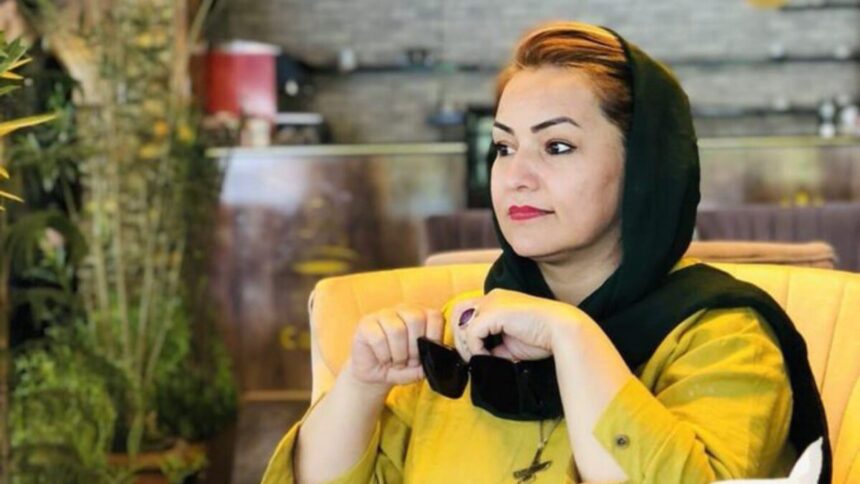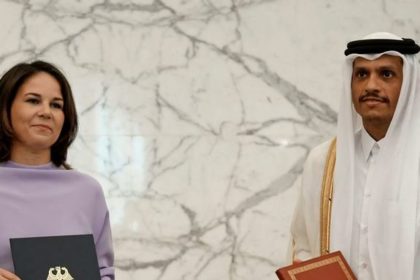RASC News Agency: The Martin Ennals Foundation has announced that two distinguished human rights defenders, who have devoted their lives to advancing human rights in Afghanistan and Tajikistan, will receive the 2024 Martin Ennals Award during a ceremony in Geneva on November 21, 2024. According to the foundation’s official statement, Zhulia Parsi and Manuchehr Khaliqnazar were selected as this year’s laureates by a jury comprising prominent organizations, including Amnesty International, Human Rights Watch, the International Federation for Human Rights, HURIDOCS, Bread for the World, Human Rights First, the World Organization Against Torture, the International Commission of Jurists, the International Service for Human Rights, and Front Line Defenders.
The announcement stated: “The 2024 laureates, Zhulia Parsi of Afghanistan and Manuchehr Khaliqnazar of Tajikistan, have exhibited extraordinary bravery and unwavering commitment in defending human rights under some of the most oppressive regimes.” Hans Thoolen, Chair of the Martin Ennals Award Jury, expressed profound admiration for their efforts, saying: “We are privileged to honor these two exceptional individuals. They have endured tremendous personal sacrifices to advance justice and equality, striving to uphold human dignity in Afghanistan and Tajikistan. The international community must prioritize supporting their endeavors rather than engaging in geopolitical rivalries.”
Zhulia Parsi is a renowned Afghanistani advocate for women’s rights and human rights. After losing her position due to the Taliban’s oppressive restrictions and witnessing her daughters being barred from accessing education, she became a vocal critic of the regime’s policies, which undermine women’s rights and basic freedoms. In retaliation, she was detained by the Taliban on September 27, 2023, and endured nearly three months of imprisonment before being released in December of the same year.
Manuchehr Khaliqnazar, a prominent human rights lawyer from Tajikistan’s Badakhshan region, has faced severe repercussions for his activism. Following a trial widely condemned as grossly unjust, he was sentenced to 16 years in prison, a punishment that underscores the perilous nature of advocating for human rights in oppressive environments.






